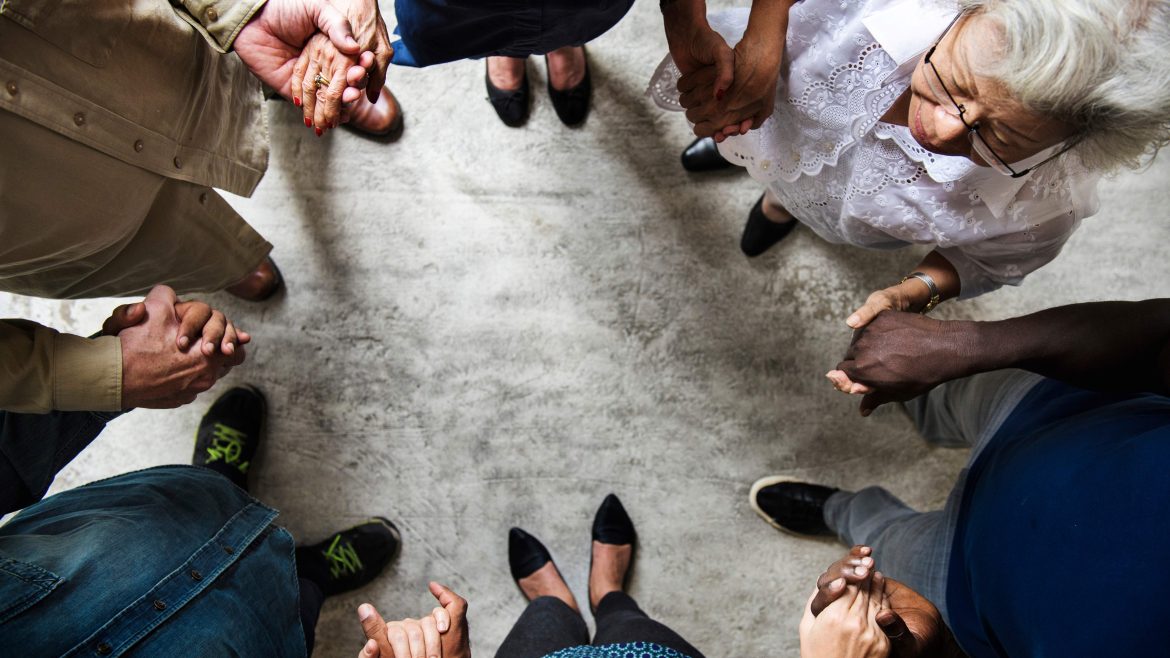Q: I have always been told that $.30/mile was acceptable. Has the Society increased the reimbursement for mileage due to the fuel price increases? This is not for Home Visits or serving the poor, it is for travel expenses in growing new Conferences or traveling to national meetings.
A: The rates are determined by the IRS, not the Society. The IRS has determined that $0.14 per mile driven as a volunteer is an appropriate rate for reimbursement. This rate for charity has remained the same since 1998.
The 2023 business mileage reimbursement rate is 65.5 cents per mile, which applies only to employees of the nonprofit.
Spanish Translation
P: Siempre me han dicho que $ .30 / milla es aceptable. ¿Ha aumentado la Sociedad el reembolso por kilometraje debido a los aumentos del precio del combustible? Esto no es para las Visitas Domiciliarias o para servir a las personas en necesidad, es para gastos de viaje en para nuevas Conferencias o viajes a reuniones nacionales.
A: Las tasas son determinadas por el IRS, no por la Sociedad. El IRS ha determinado que $0.14 por milla recorrida como voluntario es una tasa apropiada para el reembolso. Esta tasa para las organizaciones de caridad se ha mantenido igual desde 1998.
La tasa de reembolso de millas comerciales de 2023 es de 65.5 centavos por milla, que se aplica solo a los empleados de la organización sin fines de lucro.



